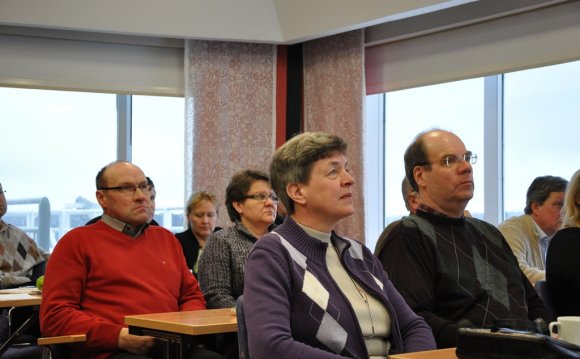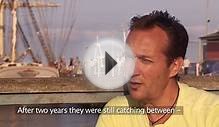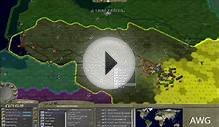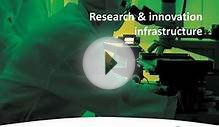
Cod is an important species for the Baltic Sea, both as a top predator in the ecosystem and as a source of income for fisheries. Reliable estimates of the variation in population size are necessary in order to manage cod stocks; analyses of the cods’ age is vital. However, researchers have recently found it increasingly difficult to estimate the age of cod in the eastern Baltic, although this is a factor that must be considered when the European Commission decide the annual fishing quotas. Without reliable data, fishing quotas cannot be regarded as sustainable in the long term.
The journalist Folke Rydén sheds light on the environmental impact of shipping on the Baltic Sea in his documentary "Shipping pollution", produced with the support of BalticSea2020. Shipping affect the inland sea both through air emissions of noxious gases but also through emissions of so-called black water and gray water. We met Folke to hear more about the documentary.
Today the MSC certificates for Eastern Baltic Sea cod fisheries are suspended. This means that cod landed by certified fisheries from Sweden, Denmark, Germany, Poland and Latvia will not carry the MSC ecolabel. MSC stands for Marine Stewardship Council and the label guarantees sustainable fishing.
RELATED VIDEO












